Including contributions from:
Read Part I
Read the first installment of this feature, from our summer 2019 issue.
More 5 Books
We’re continuing the project, with new recommendations added weekly.
Readers’ picks
Send us your selections: What five books would you recommend?
Interviews by Sarah Breger, Nadine Epstein, George E. Johnson, Leslie Maitland, Amy E. Schwartz, Francie Weinman Schwartz, Ellen Wexler & Lawrence Wolff | September/October 2019 | in Big Questions
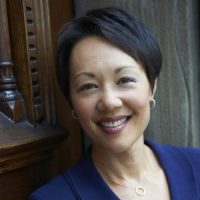
Angela Buchdahl
Angela Buchdahl is the senior rabbi of Central Synagogue in New York City. She is the first woman to lead the 175-year-old Reform congregation.
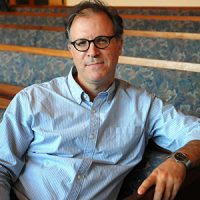
Ilan Stavans
Ilan Stavans is a Professor of Humanities and Latino Culture at Amherst College. His latest book is Seventh Heaven: Travels through Jewish Latin America.
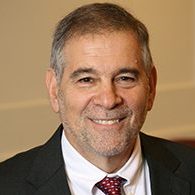
Michael Berenbaum
Michael Berenbaum teaches Jewish studies at the American Jewish University and consults in museum Development. He previously directed the U.S. Holocaust Research Institute at the Holocaust Memorial Museum.
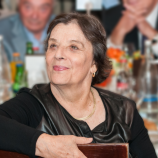
Blu Greenberg
Blu Greenberg is the founding president of the Jewish Orthodox Feminist Alliance. Her books include On Women and Judaism: A View from Tradition and Black Bread: Poems, After the Holocaust.
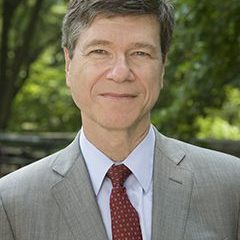
Jeffrey D. Sachs
Jeffrey D. Sachs is a Professor of Sustainable Development and Health Policy At Columbia University. His most recent book is A New Foreign Policy: Beyond American Exceptionalism.
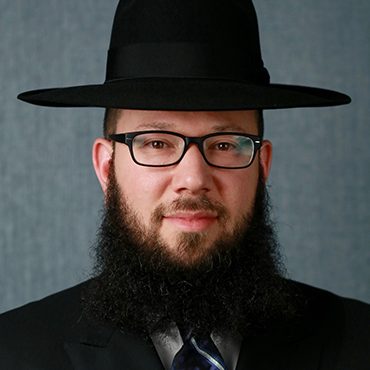
Mike Moskowitz
Mike Moskowitz is the scholar in residence at Congregation Beit Simchat Torah, a New York City synagogue serving the LGBT community. He previously served as a rabbi at Columbia university.
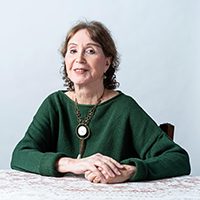
Judith Viorst
Judith Viorst has written more than 40 books, including Alexander and the Terrible, Horrible, No Good, Very Bad Day and most recently Nearing 90: and Other Comedies of Late Life.
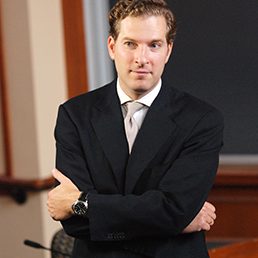
Noah Feldman
Noah Feldman is a Professor at Harvard Law School and the author of six books, most recently The Three Lives of James Madison: Genius, Partisan, President.
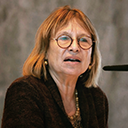
Fania Oz-Salzberger
Fania Oz-Salzberger is a professor of history at the University of Haifa. Her notable books include Translating the Enlightenment and Jews and Words, with Amos Oz.
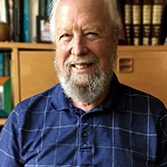
Calvin Goldscheider
Calvin Goldscheider is Professor Emeritus of Sociology and Judaic Studies at Brown University. His most recent book is Israeli Society in the twenty-first Century: Immigration, Inequality, and Religious Conflict.
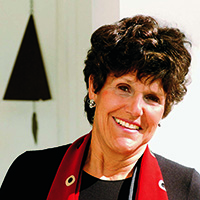
Joan Nathan
Joan Nathan is the author of 11 cookbooks. Her latest book is King Solomon’s Table: A Culinary Exploration of Jewish Cooking from Around the World.
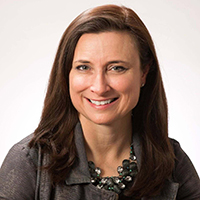
Erica Brown
Erica Brown runs the Mayberg Center for Jewish Education and Leadership at George Washington University. Her most recent book is Jonah: The Reluctant Prophet.
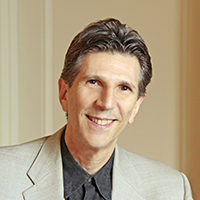
Richard Michelson
Richard Michelson is a poet and children’s book author. His most recent book, The Language of Angels, won the National Jewish Book Award for Children’s Literature and the Sydney Taylor Gold Medal.
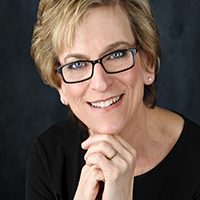
Anita Diamant
Anita Diamant is the author of five novels, including the New York Times best seller The Red Tent. She has also published six guides to contemporary Jewish life.
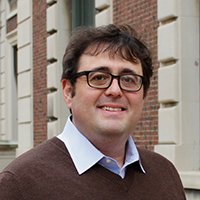
Adam Kirsch
Adam Kirsch is a poet, critic and author. His latest book is The Global Novel: Writing the World in the 21st Century.
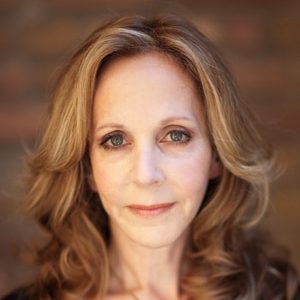
Rebecca Newberger Goldstein
Rebecca Newberger Goldstein is a philosopher and novelist. Her most recent book is Plato at the Googleplex: Why Philosophy Won’t Go Away.

For me, the invaluable Jewish education I received came from the home in which I was raised—in particular my exposure to my father, a humble refugee from Europe who was a paragon of a kind of Jewish ethics that was centuries in the making. If I could think of books that would have the power to reproduce the kind of person that my father was—as deeply Jewish as any haredi but for whom, in terms of love and compassion, the distinction between Jew and non-Jew simply didn’t register—then those would be the books that I would recommend. But I don’t know of any such books.
Moment Magazine participates in the Amazon Associates program and earns money from qualifying purchases.


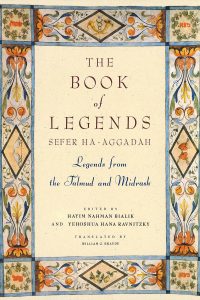
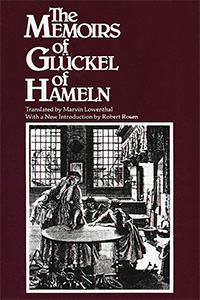
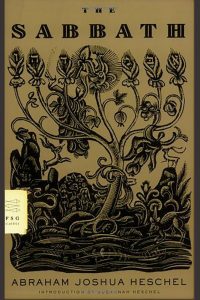
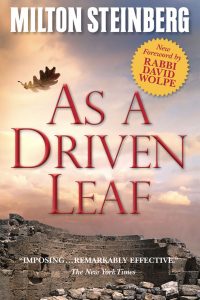
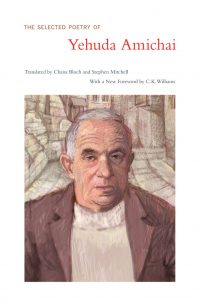
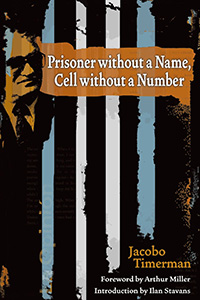
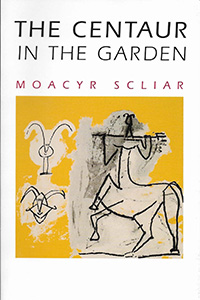

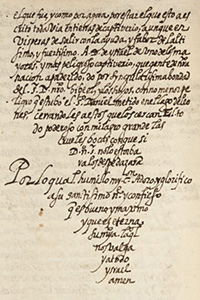
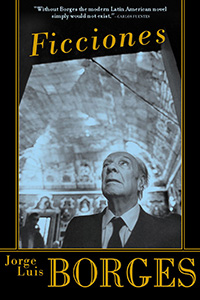
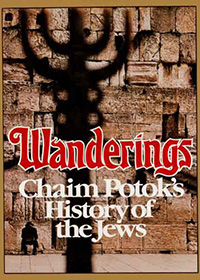

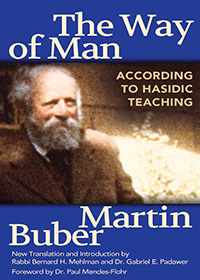

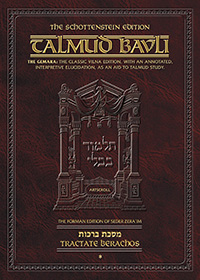
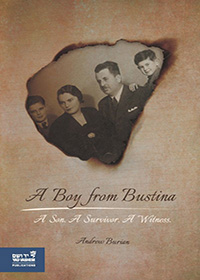
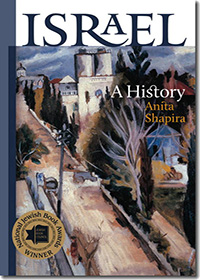
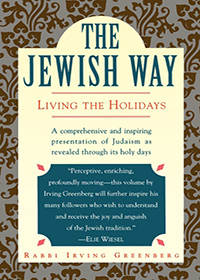

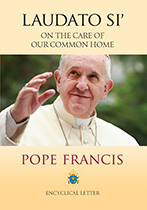
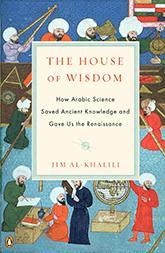
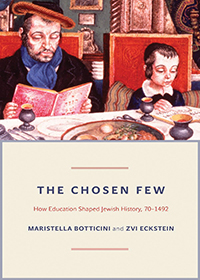

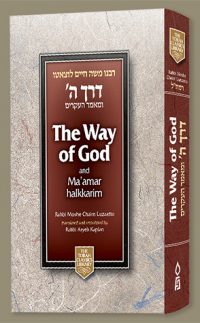
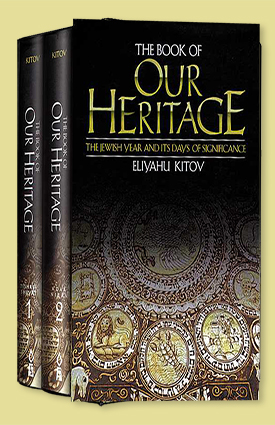
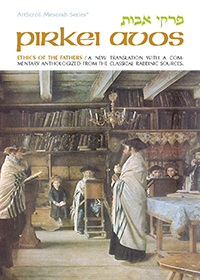

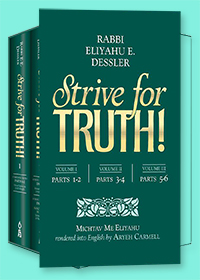
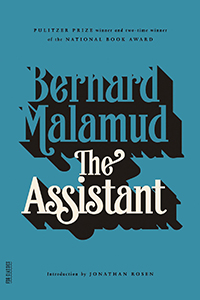
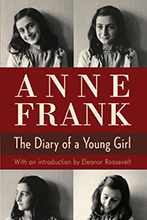
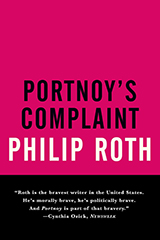
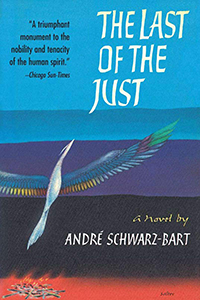

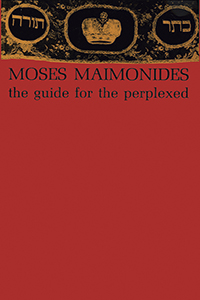

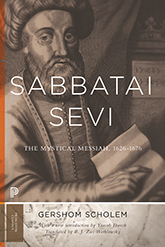
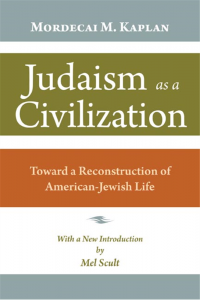
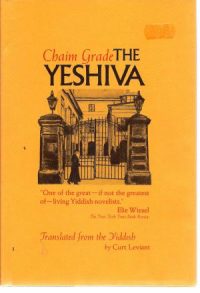

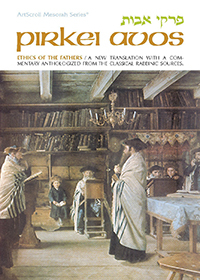

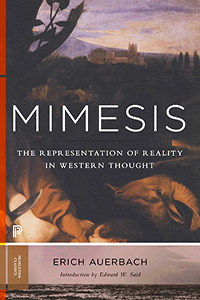
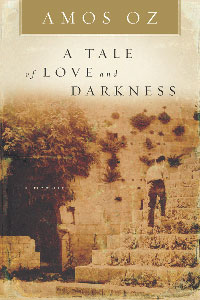
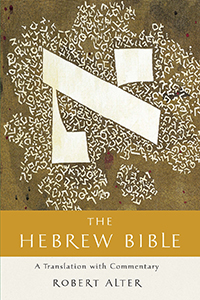
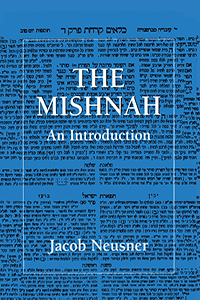
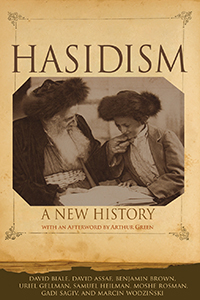
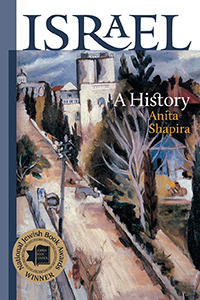
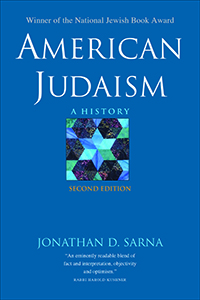
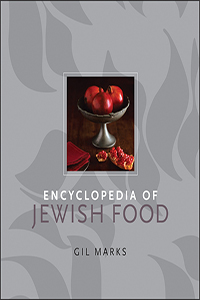
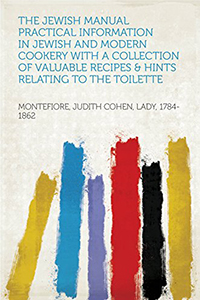
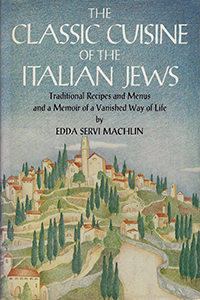

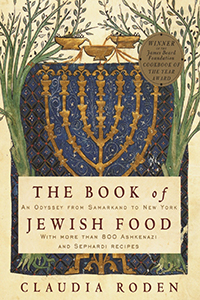
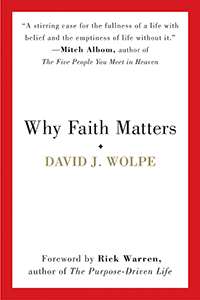
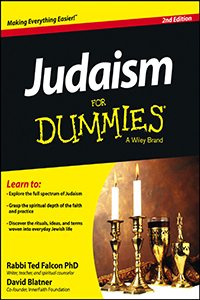

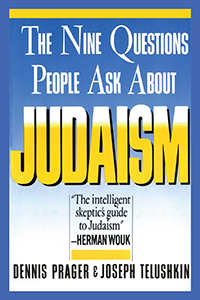
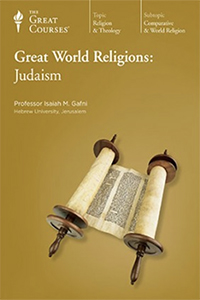
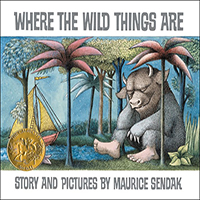
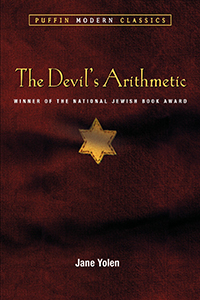
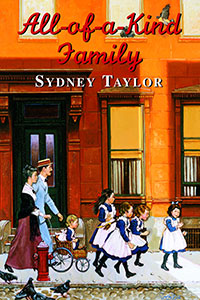

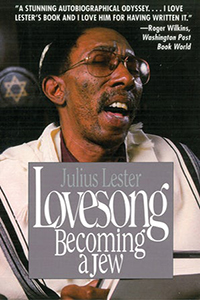
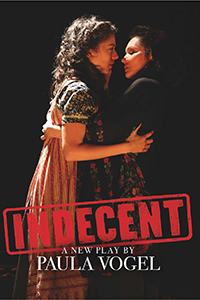

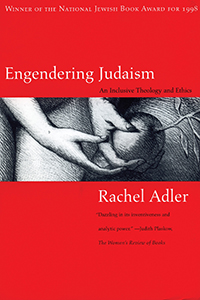
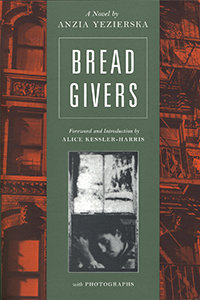
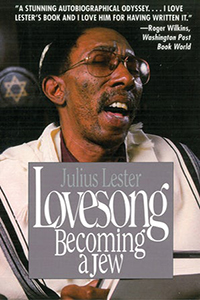
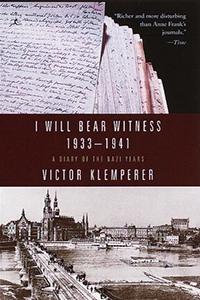


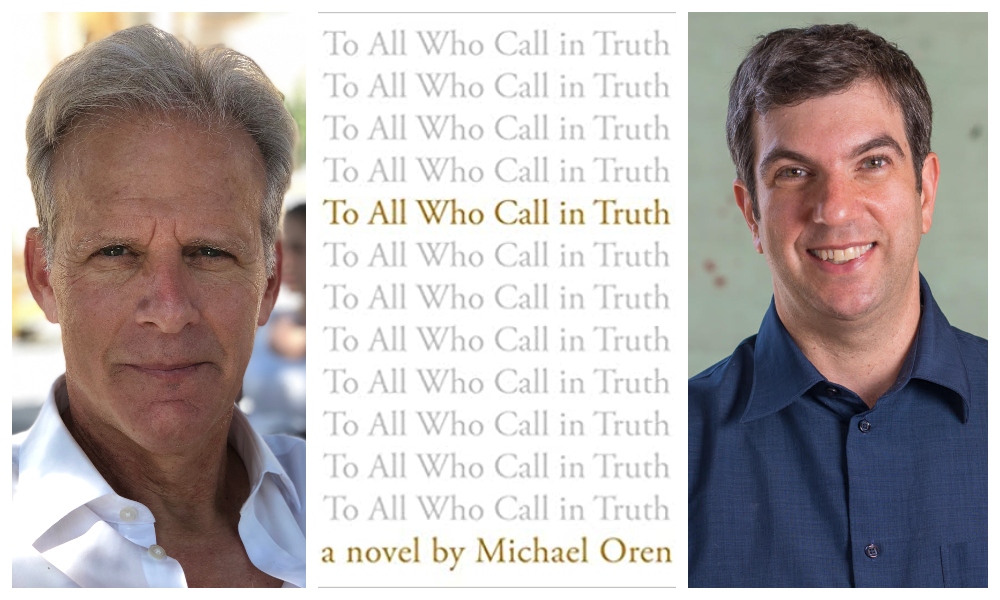

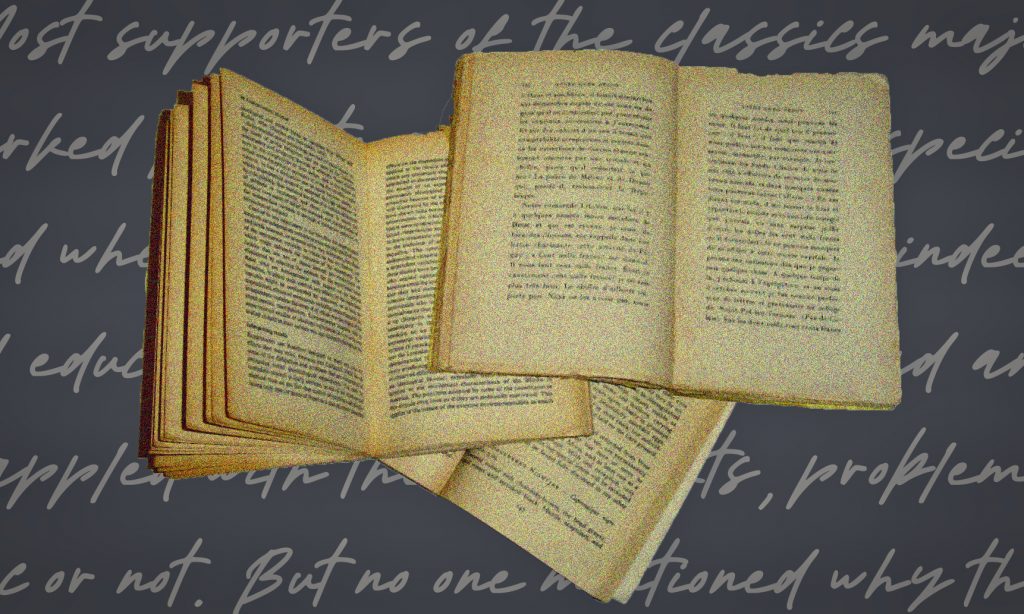
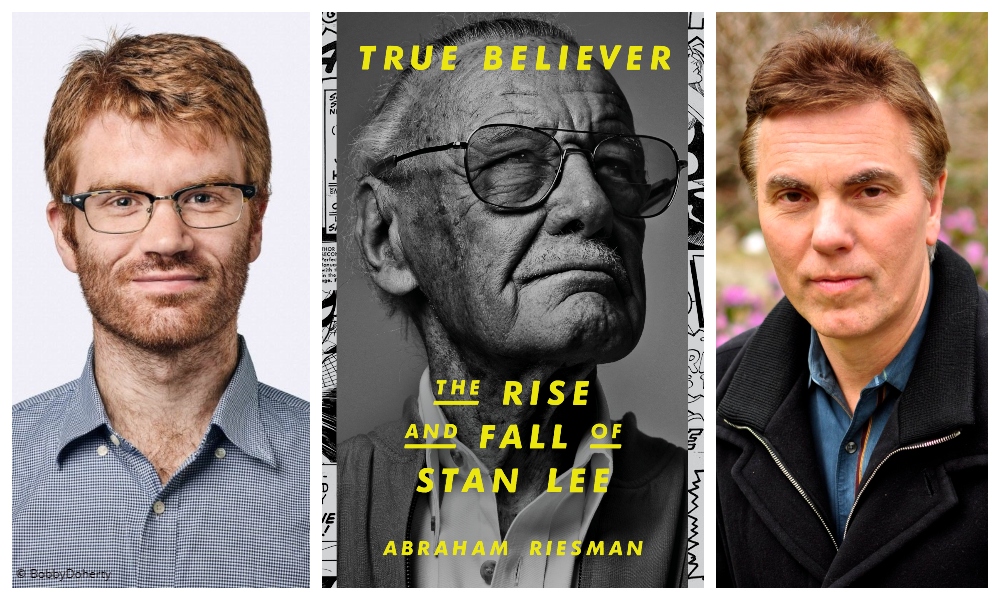
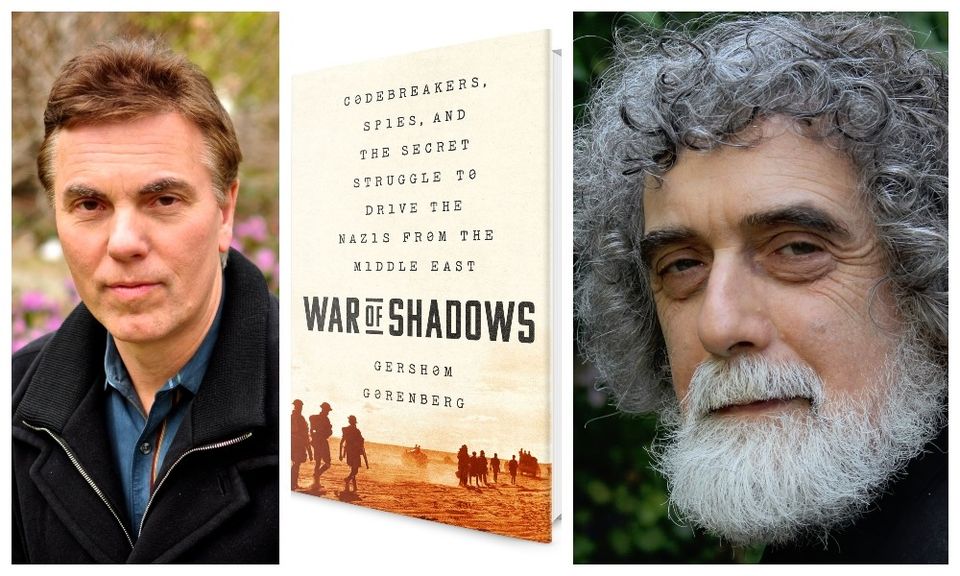

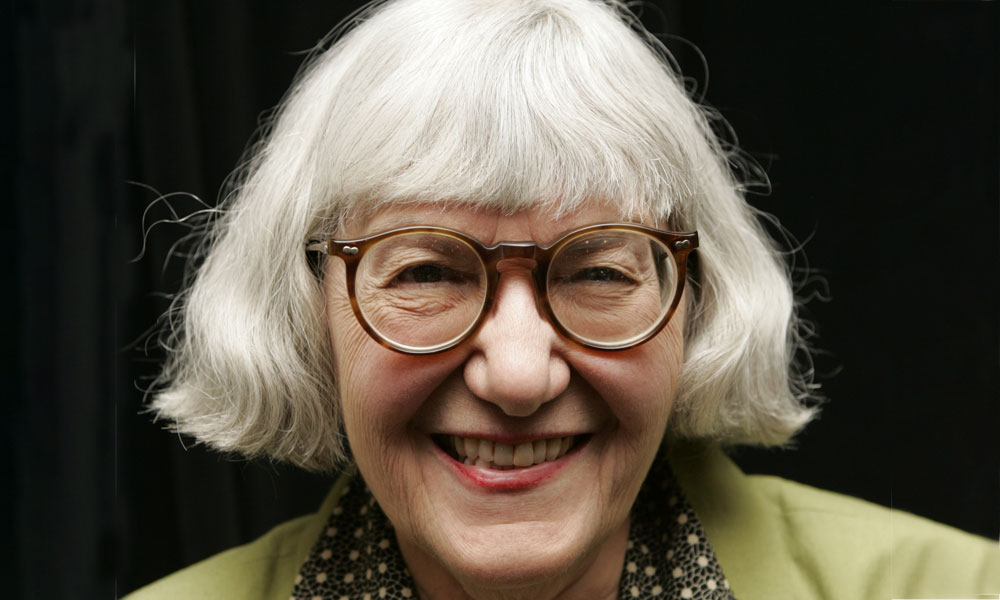
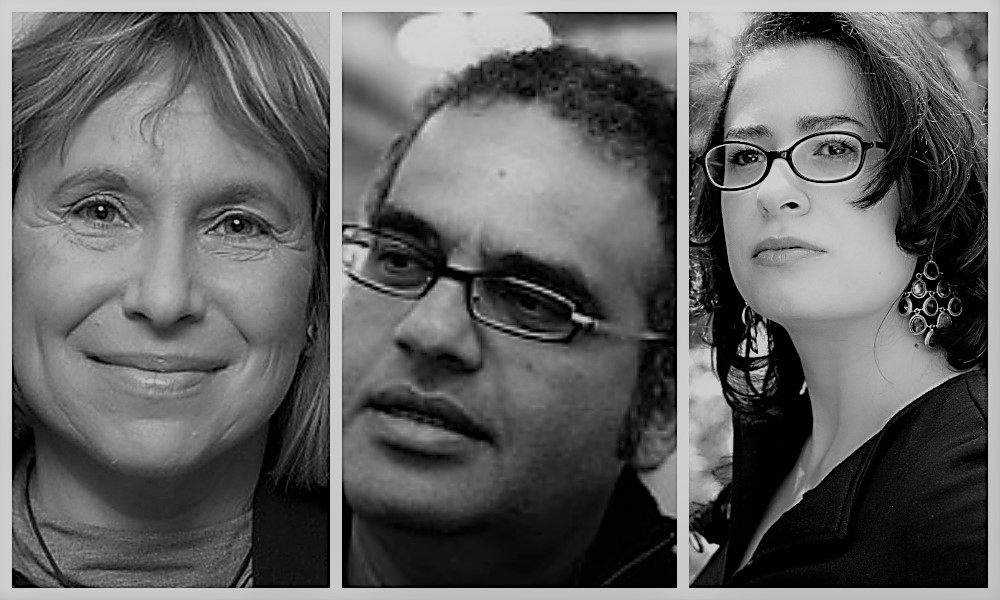

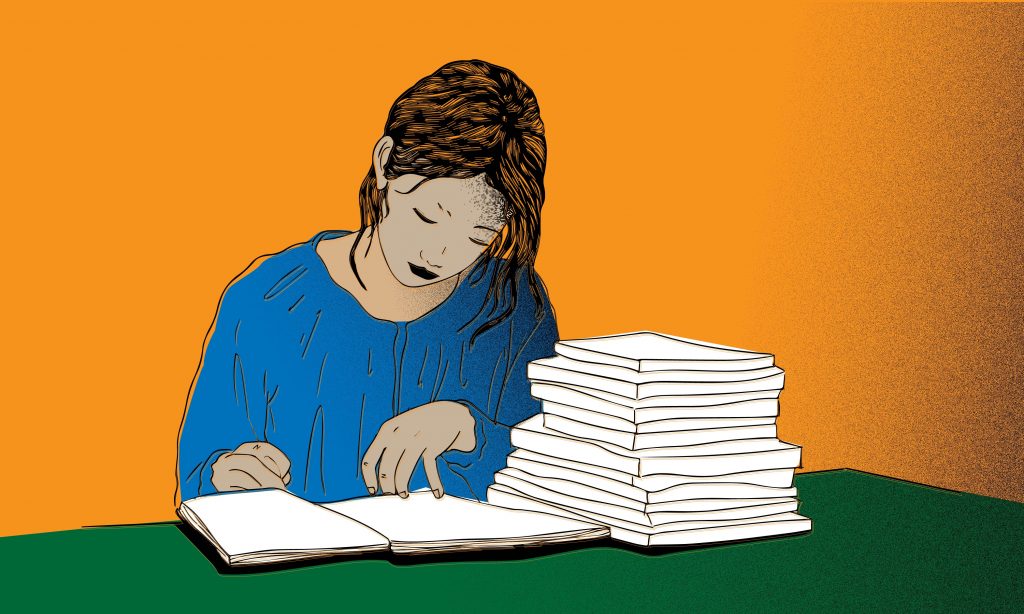


It is puzzling that Judith Viorst characterizes her choice of The Diary of Anne Frank as corny. This book is a fascinating, astonishing and often terrifying account of her life in hiding. And the fact that it was written by a teenager makes it even more amazing . I am glad that she included it, but I wish that she did not feel the need to be apologetic about her choice.